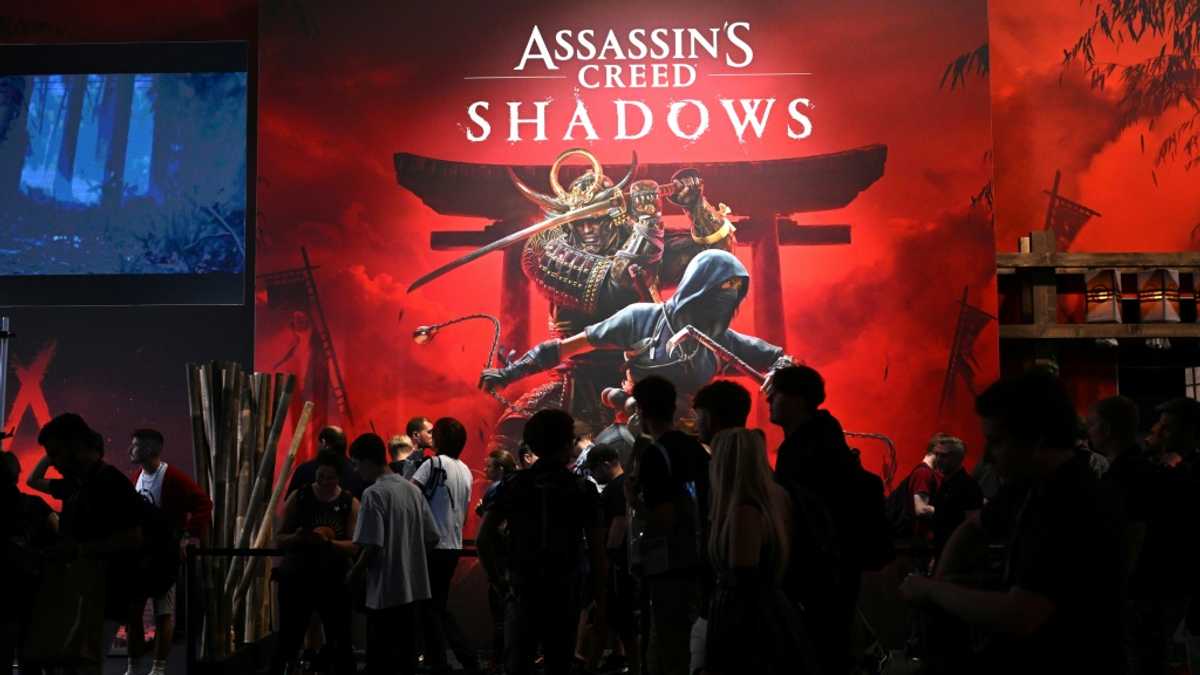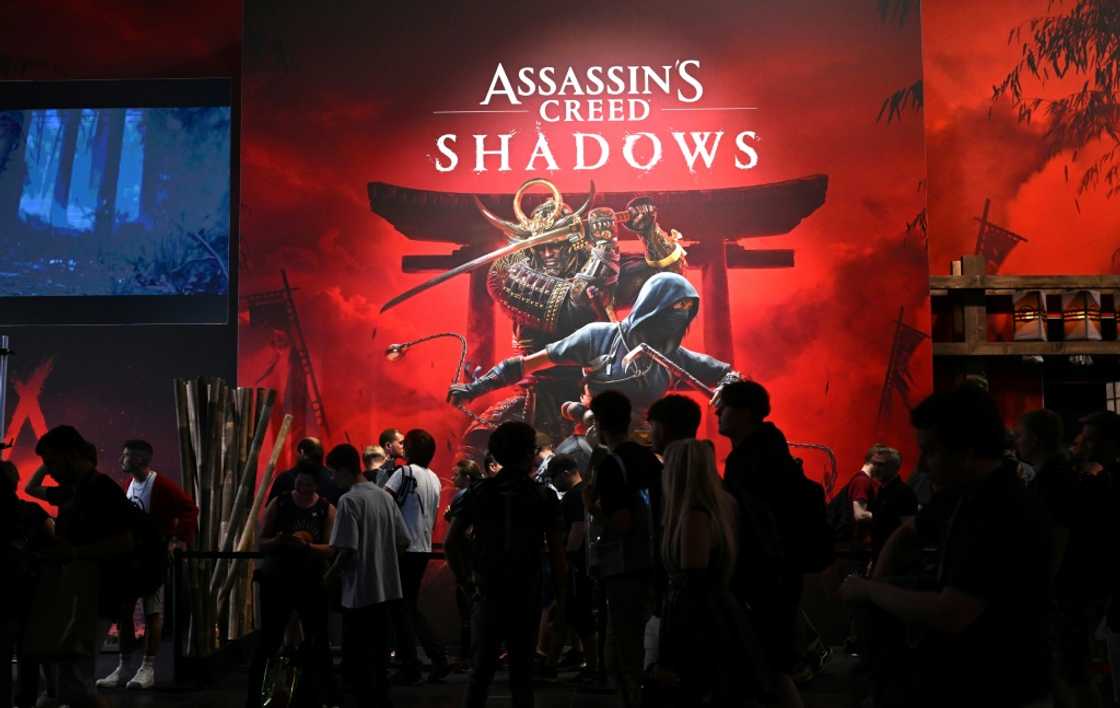

The "Assassin's Creed" series of video games is beloved for its meticulous historical accuracy; however, it also ignites debates due to significant creative liberties taken—most notably featuring a black samurai in the recent installment titled "Shadows."
Launched on Thursday, "Shadows" unfolds during 16th-century feudal Japan, featuring grandiose walled cities and serene temples built by the development team.
Pierre-Francois Souyri, a historian amongst a group of twelve French and Japanese specialists who were consulted for the game, stated, "They have executed an exceptionally excellent work with highly precise reproductions." The aim was to eliminate stereotypes and historical inaccuracies.
Souyri mentions that since late 2021, he has fielded “around a hundred or more inquiries” from the development team about various topics, including methods of salt production and techniques for staging puppet shows.
Souyri notes that within this meticulously designed backdrop, "creating characters who get caught up in adventures isn’t difficult" during the "highly dynamic era" characterized by fierce confrontations.
Black samurai
However, one fundamental decision made by the creative team has sparked intense debates both online and offline: choosing a Black samurai named Yasuke as one of the two playable characters. The other protagonist is a young female ninja known as Fujibayashi Naoe.
Frustration over the portrayal of an African character as a samurai led to a Japanese petition opposing this depiction, which garnered over 100,000 signatures.
The message criticized "inaccuracies in history and lack of cultural respect" from the game developers.
Souyri remained unmoved by the criticism.
"The game refers to him as a samurai, but this isn’t meant to be a doctoral thesis," he stated.
As with other historians who have commented, he noted that Yasuke was indeed a real individual -- even though the historical evidence regarding his standing can sometimes be challenging to decipher.
Yuichi Gozai, an associate professor at the National Centre for Japanese Studies in Kyoto, did not agree.
"No evidence suggests that Yasuke possessed those credentials," which would qualify him as a samurai, according to medieval history specialist Gozai.
The surviving records highlight that "among all attributes, Yasuke was particularly notable for the hue of his skin and his remarkable physical power."
His sponsor, warlord Oda Nobunaga, probably "maintained Yasuke near at hand to display him," Gozai surmises.
Erupting even before "Shadows" had been released, the controversy over the black character's inclusion has been the fiercest surrounding any "Assassin's Creed" game.
The series has faced criticism before, with hard-left French politician Jean-Luc Mélenchon condemning the portrayal of revolutionary figure Maximilien Robespierre in "Assassin's Creed Unity," which takes place during the French Revolution.
Culture war battleground
In a February report, the European Video Game Observatory pointed out that Ubisoft's launch of Yasuke "ignited a intense debate" which was further fueled by social media activity.
The group attributed much of the controversy to an "American conservative moral campaign" led by a fervent collection of "no less than 728 interlinked accounts."
The group constituted merely "0.8 percent of speakers discussing 'Assassin's Creed Shadows' in the U.S., yet they accounted for 22.1 percent of all associated coverage," the Observatory noted additionally.
The researchers indicated that this behavior points toward an "astroturfing campaign" which took advantage of the larger cultural skirmishes prevalent during the US presidential election period.
"The utilization of Yasuke by us has been co-opted by some individuals to convey their own messages... however, that is not what the game aims to communicate," stated Marc-Alexis Côté, the executive producer for the "Assassin's Creed" series.
Despite this, inside Japan, representations of the nation's history continue to be a touchy subject—evident from the responses to pictures of a "Shadows" player causing damage to the interior of a temple.
"I grasp France’s commitment to secularism, yet it's crucial to recognize that poorly thought-out provocations regarding faith may incite intense responses," Gozai stated.
This potential danger should have been anticipated.
For quite some time, Ubisoft has been resistant to fan requests for an "Assassin's Creed" game set in Japan.
However, recently released popular games like 2019’s "Sekiro" and 2020’s "Ghost of Tsushima," which are set during the feudal era, might have assisted in overcoming the publisher's hesitation.
"Westerners are captivated by a blend of unfamiliarity and recognition," noted historian Souyri.
A lot of youngsters, particularly in Western nations like France and the United States, eagerly consume Japanese manga and animated TV shows.
But Gozai argues that "these depictions become counterproductive if they reinforce discrimination and prejudice towards Japan".
He describes "Shadows" as a "prime instance of these issues coming to fruition."

Our website uses cookies to improve your experience. Learn more